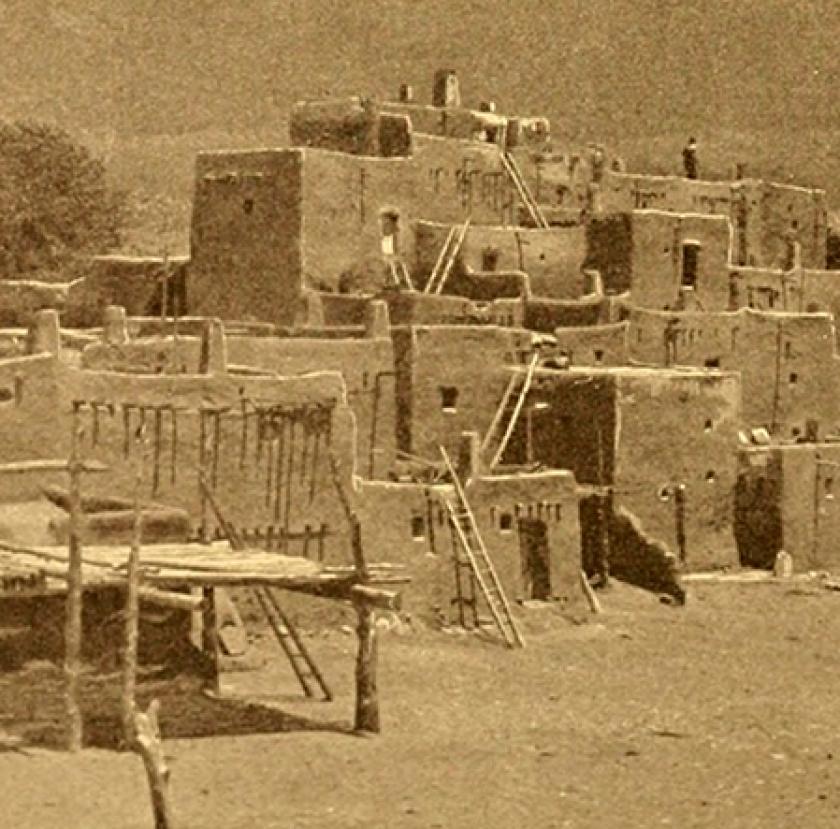Thanks to a new online resource for paleoenvironmental data and models under development at Illinois and partner institutions, historian Richard Flint can gauge whether environmental factors played an important role in driving the migration of Pueblo Indians from the Spanish province of New Mexico in the seventeenth century. Using SKOPE (Synthesizing Knowledge of Past Environments), scholars such as Flint and the larger community of archaeologists will be able to discover, explore, visualize, and synthesize knowledge of environments in the recent or remote past.
"We are aiming to support different types of users—from researchers asking fundamental questions in the historical social sciences using climate retrodictions from tree-ring chronologies to developers of new computational models that produce such paleoenvironmental data—who want to build and share their models in a transparent and reproducible manner," said Professor Bertram Ludäscher, one of the principal investigators of the collaborative SKOPE project.Based on an initial design and early prototype developed since 2014 by the team from Illinois, Arizona State University, and Washington State University, the SKOPE partners were awarded collaborative grants totaling $1.3 million to develop and deploy the next phase of the project. As part of the software development effort, researchers from the iSchool have also teamed up with NCSA's CyberGIS Center, directed by Shaowen Wang, professor at the Department of Geography and Geographic Information Science.

As the SKOPE system is further developed, it will facilitate discovery of and access to additional sources of paleoenvironmental sample data (e.g., pollen for retrodictions) and to other spatial datasets (e.g., soils, surface hydrology, and elevation), while building on the infrastructure to provide researchers with easy access to the model outputs. Scholars in such diverse disciplines as anthropology, archaeology, ecology, economics, geography, political science, and sociology can benefit from the level of detail provided by the datasets.
SKOPE is being developed as a dynamic resource, allowing users to rerun models with different inputs and accommodating new models. Data provenance—i.e., the lineage of data products in terms of computational steps and input data—will be exposed and made queryable using YesWorkflow, a modeling approach and associated set of software tools that support authors of script-based scientific workflows in their quest to make their computational science more transparent and reproducible.
Ludäscher, director of the iSchool's Center for Informatics Research in Science and Scholarship (CIRSS), is a leading figure in data and knowledge management, focusing on the modeling, design, and optimization of scientific workflows, provenance, data integration, and knowledge representation. He joined the iSchool faculty in 2014 and is a faculty affiliate at NCSA and the Department of Computer Science. His current research focus includes both theoretical foundations of provenance and practical applications as well as automated data quality control and data curation. He received his MS in computer science from the Technical University of Karlsruhe and his PhD in computer science from the University of Freiburg.
